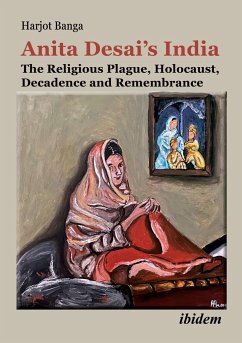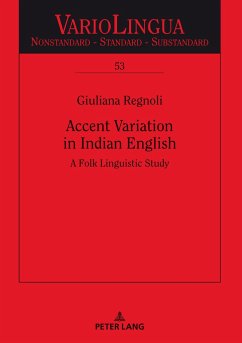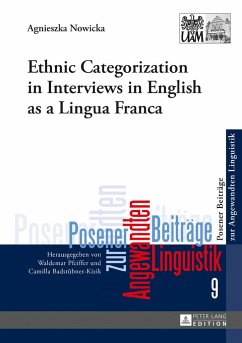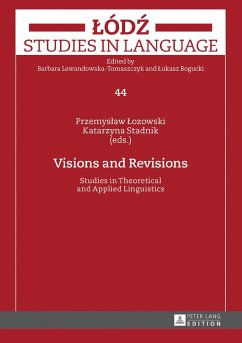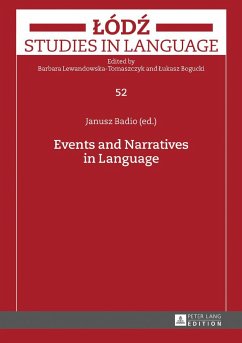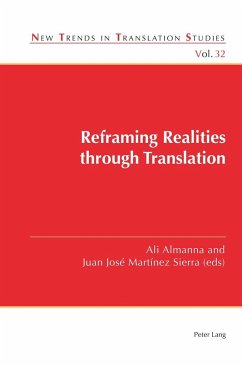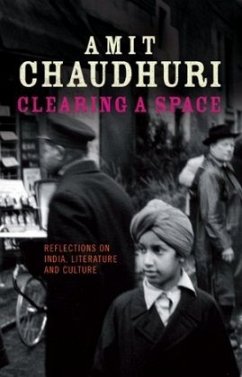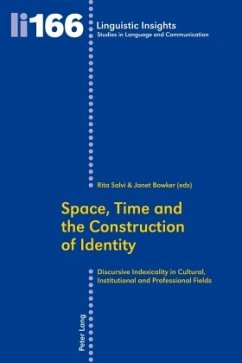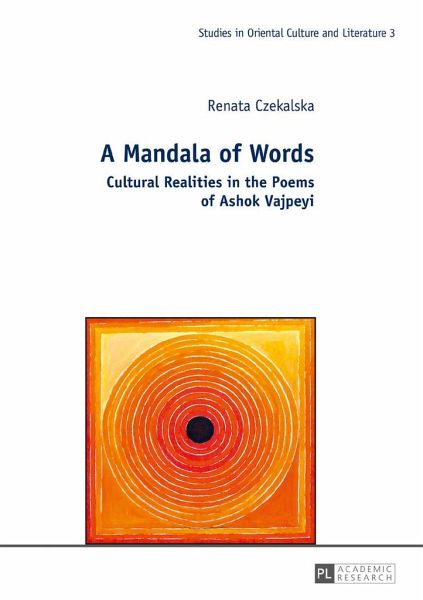
A Mandala of Words
Cultural Realities in the Poems of Ashok Vajpeyi
Herausgegeben: Michalak-Pikulska, Barbara
Versandkostenfrei!
Versandfertig in 6-10 Tagen
67,75 €
inkl. MwSt.

PAYBACK Punkte
0 °P sammeln!
This book is a hermeneutic analysis of the main poetic spaces in the work of Ashok Vajpeyi, a poet and a critic recognized among the eminent contemporary Hindi writers. The four parts of the book are devoted to major anthropological questions, instrumental for the poet who - while searching for the principle of unity with the world - causes language to become an extension of existence. The author shows how, by combining both the Indian and Western cultural traditions, Vajpeyi locates his poetry «between civilizations», where it remains a self-contained projection of discourse taking the form...
This book is a hermeneutic analysis of the main poetic spaces in the work of Ashok Vajpeyi, a poet and a critic recognized among the eminent contemporary Hindi writers. The four parts of the book are devoted to major anthropological questions, instrumental for the poet who - while searching for the principle of unity with the world - causes language to become an extension of existence. The author shows how, by combining both the Indian and Western cultural traditions, Vajpeyi locates his poetry «between civilizations», where it remains a self-contained projection of discourse taking the form of original and engaging patterns of poetic communication. The book portrays a significant case of the cultural encounter of East and West in the modern globalized world.





